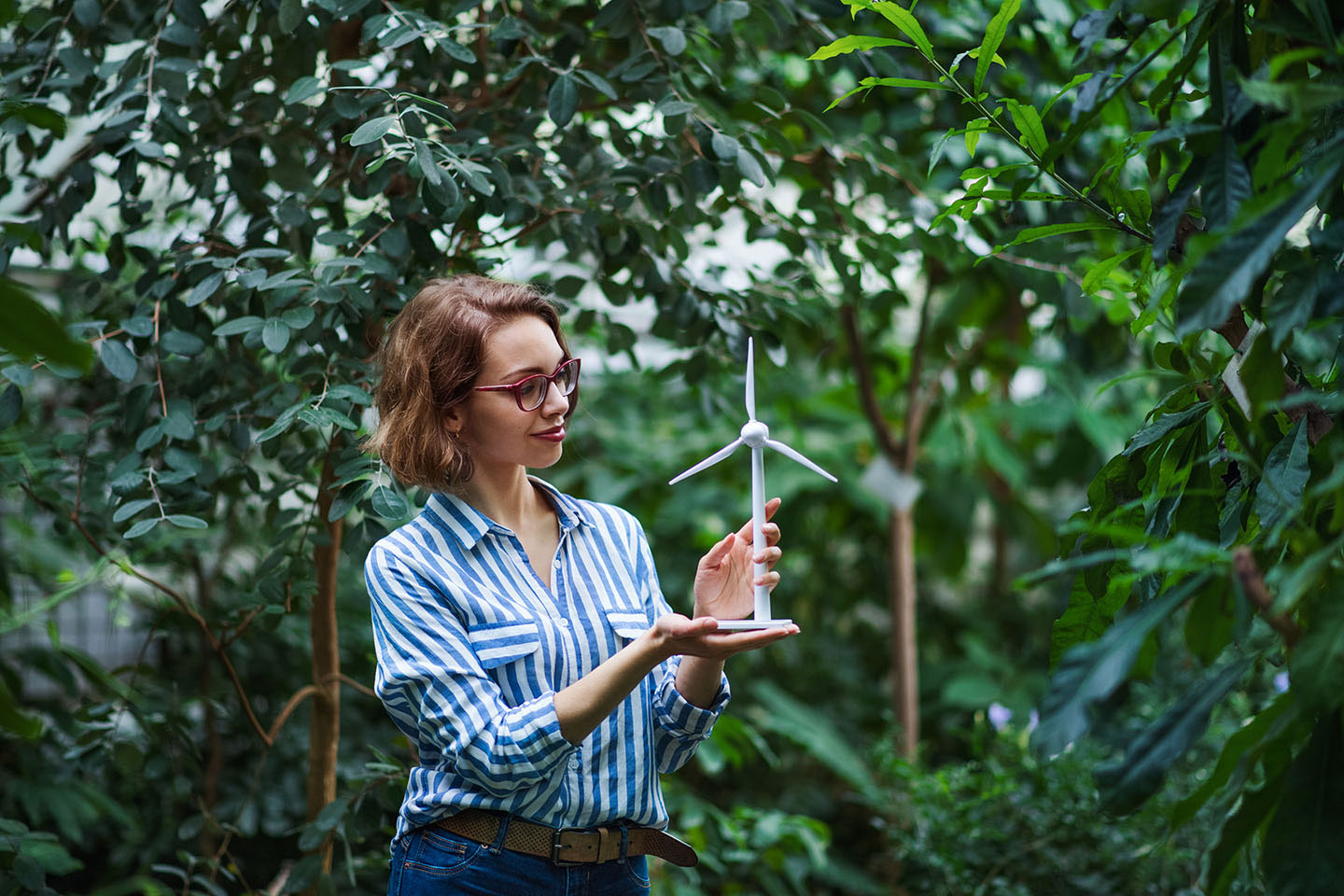

Like the rest of the world, Australia is facing a skills shortage. This is highlighted in the scarcity of skills required by the green economy and in WA, this is complicated by a heavy reliance on the fossil fuel sector.
To harness the economic potential of renewable energy and other green industries, we need a plethora of new skilled workers. However, one of the greatest challenges to growing the green economy lies in bringing about effective change across legislation, political strategies, industry practices, and the organisations that form the backbone of our economy.
How do we bring about change? It starts from the top, with effective and inspirational leadership.
Skills shortages extend beyond merely increasing numbers and re-skilling blue-collar workers; leaders don’t stop up-skilling when they reach senior roles, either. Lifelong learning ensures leaders have the capabilities to lead the changing demographics of their teams, in line with new legislation, societal expectations, and using the latest best-practice thinking.
The green economy combines sustainability, environmental stewardship, finding shared value and innovative business models, and requires a range of soft skills in addition to technical expertise.
The global focus on environmental, social, and governance (ESG) requires more than an understanding of what ESG means. Leaders need to refine their skills in change management, communication, collaboration, and strategic development. These soft skills are vital for fostering innovation, collaboration, and adaptability in this dynamic landscape.
The following outlines key soft skills that are critical in the unfolding green economy:
Collaboration and teamwork
- Interdisciplinary collaboration: Green projects often involve teams from diverse fields – engineers, scientists, policymakers, and business leaders. The ability to work across disciplines is crucial for driving sustainability initiatives.
- Partnerships: Building relationships with local communities, governments, NGOs, and private-sector stakeholders is vital for developing sustainable solutions.
Communication skills
- Clear communication: Effectively conveying complex environmental issues, sustainability goals, and green technologies to both technical and non-technical audiences is essential.
- Advocacy and persuasion: Professionals in the green economy must advocate for sustainable practices, influencing policies and consumer behaviour through compelling messaging.
Leadership and change management
- Visionary leadership: Long-term thinking and transformational leadership are necessary to inspire change within organisations and industries.
- Change management: Successfully implementing green practices often requires substantial changes to business models and processes. Leaders must navigate resistance and guide teams through transitions.
Adaptability and problem-solving
- Flexibility: The rapidly evolving nature of the green economy demands professionals who can adapt to new challenges, whether they stem from policy changes or environmental crises.
- Creative problem-solving: Sustainability issues often require innovative solutions, necessitating out-of-the-box thinking to reduce waste, increase energy efficiency, or establish circular economies.
Ethical decision-making
- Integrity: Ethical considerations are vital in the green economy, balancing economic growth with environmental and social responsibility.
- Corporate social responsibility (CSR): Professionals should understand and apply CSR principles to align their practices with broader sustainability goals.
Emotional intelligence
- Empathy: Understanding the concerns of diverse groups, including communities affected by climate change, fosters trust and collaboration.
- Conflict resolution: Sustainability projects often involve balancing competing interests, such as between business profitability and environmental protection. Professionals need strong conflict resolution skills to find common ground.
Critical thinking and systems thinking
- Big-picture thinking: Professionals must grasp interconnected systems, both natural and man-made, to design sustainable solutions that consider long-term environmental impacts.
- Analytical thinking: Assessing data and trends critically is essential for effective decision-making in sustainability efforts.
Project management
- Organisational skills: Many green initiatives are complex and large-scale. Effective project management – including time management and resource allocation – is crucial.
- Risk management: Navigating uncertainties in green projects, such as regulatory changes or market shifts, requires strong risk management skills.
Innovation and creativity
- Innovative Thinking: The green economy thrives on creative thinkers who can develop sustainable products, processes, and business models.
- Entrepreneurial spirit: Professionals with an entrepreneurial mindset can capitalise on emerging opportunities in the green market.
Cultural awareness and inclusivity
- Global perspective: Understanding diverse cultural approaches to sustainability is essential, especially in regions like WA where projects may intersect with Indigenous lands and considerations.
- Inclusivity: Sustainable solutions must address the needs of marginalised communities, ensuring equitable benefits from green initiatives.
These skills complement the technical expertise required in the green economy, driving successful sustainability initiatives across sectors like renewable energy, green construction, agriculture, and transportation.
Developing essential skills for the future
The great news is that soft skills can be developed and applied immediately, whether through online courses, workshops, or larger qualifications. There is always room for growth, regardless of experience level.
If you’re interested in exploring the leadership skills you or your team will need for 2025 and beyond, visit Aveling.com.au or call +61 8 9379 9999 to discuss your needs.
Together, we can Achieve More and build a sustainable and prosperous future for all.













